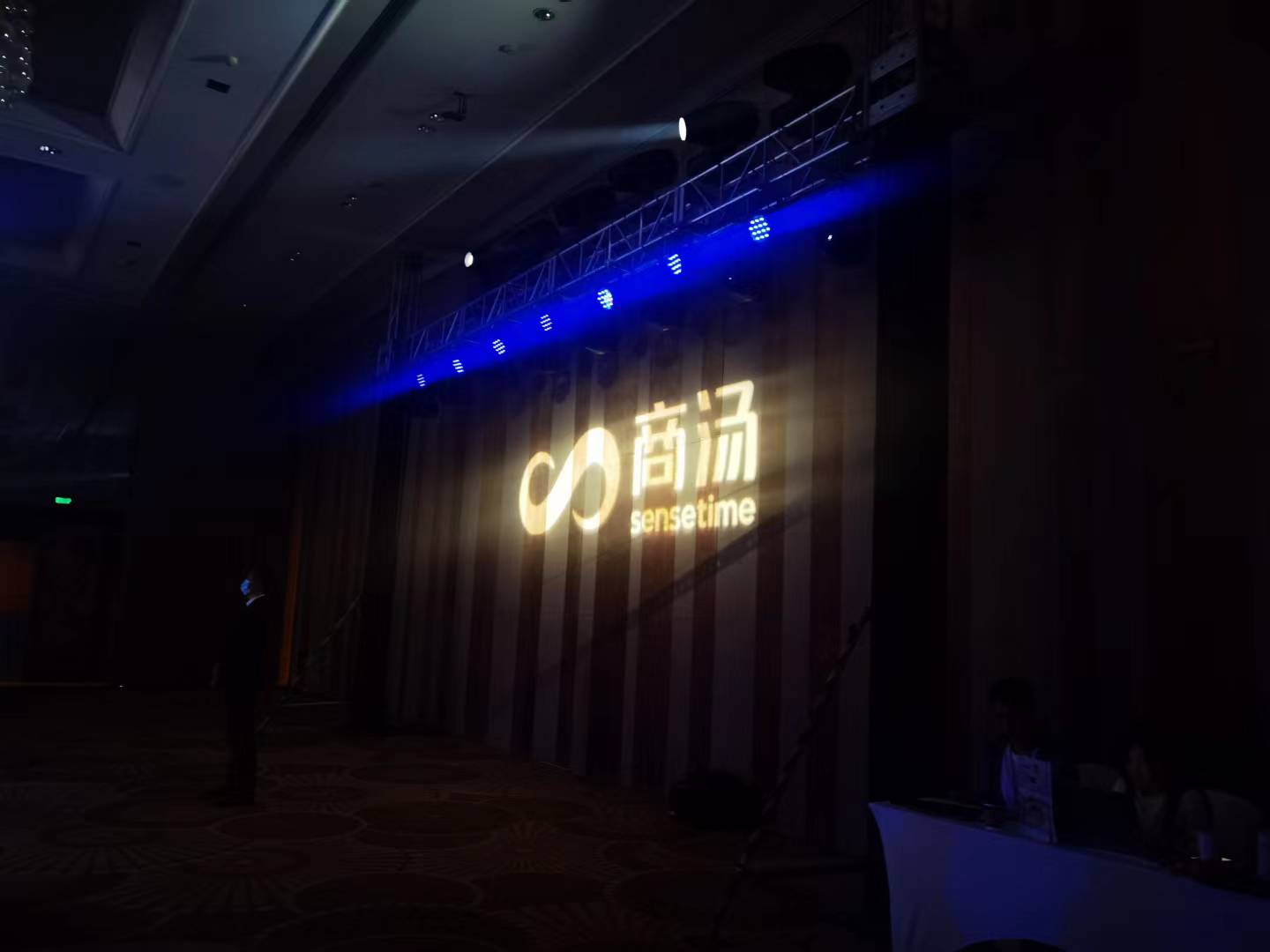
SenseTime (商汤科技), one of China’s top AI companies, may see its skyrocketing R&D spending keep it trapped in a sea of red ink for some time to come, said a September 6 report by Bamboo Works, which tracks Chinese overseas listed companies.

Listed on Hong Kong Stock Exchange since December 2021, SenseTime lost a whopping RMB3.21 billion ($465 million) in the first half of 2022, which was lower than the year-ago RMB3.71 billion loss. But its non-GAAP adjusted loss soared 265% to RMB2.56 billion ($367.62 million) from an RMB703 million ($100.95 million) loss over the last year.
SenseTime, based in Shanghai and founded in 2014, said the flood of red ink owed mainly to its mounting R&D investment, combined with financial and contract asset impairments and foreign exchange losses.
The Bamboo Works report noted that of China's top AI companies, SenseTime stands above its three biggest rivals, CloudWalk Technology (云从科技), Megvii Technology (旷视科技) and Yitu Technology (依图科技), in computer vision artificial intelligence (AI). The company provides its technology to government and enterprise customers for applications like smart cities, surveillance and autonomous driving, said Bamboo Works.
Its crown jewel is its SenseCore platform, backed by massive amounts of data and a deep learning algorithm that can provide services at variousdifferent levels and price points for various industries.
SenseCore’s total computing capacity has improved substantially as the company’s next-generation AI Data Center (AIDC) was used in Shanghai earlier this year, enabling SenseTime to enter the race with global tech giants like Alphabet and Microsoft in computer vision AI.
But SenseCore has also become a money sponge, and it’s far from clear the big R&D spending will result in enough new business to justify the expense.
SenseTime’s R&D spending has rocketed over the last four and a half years, ascending from RMB849 million ($121.92 million) in 2018 to RMB3.61 billion ($518.4 million) last year. It’s on track to stay on that trajectory this year after reaching RMB2.04 billion ($292.94 million) in the first half of 2021 alone, positioning it to break through the 4-billion-yuan barrier for the whole year.
China’s continuing Covid control disruptions in the first half of this year dragged the company further down the deficit rabbit hole, with revenue down 14.3% year-on-year to RMB1.42 billion ($203.91 million). In the end, R&D spending made up 144% of the company’s revenue for the period, much higher than the average for large AI companies.
SenseTime noted in its report that control measures in several Chinese cities interrupted some customers’ spending plans for AI and related product deployments, and slowed down the company’s own smart city projects.
Among its four business segments, revenue for SenseTime’s smart business unit fell 12.2% yearonyear in the first half of 2022. Revenue for its smart city unit plunged 44.8%, creating the biggest drag on overall revenue.
Lockdowns and other control measures in several Chinese cities during the first half of the yeardelayed construction of smart city projects, and prompted smart business customers to delay their AI-related spending. Delayed payments by such customers caused SenseTime’s receivables due in six months to one year, and in one year to two years, to rise by more than RMB2 billion ($287.2 million).
As that happened, it decided to shift its growth focus to smart life and smart autos, which tend to be more focused in the private sector, and will drive more aggressively into those two segments in the year's second half. Its smaller smart life and smart auto businesses both performed much better, growing 97.6% and 71.1%, respectively, according to the Bamboo Works report.
RELATED
READ MOST

No Data Yet~







